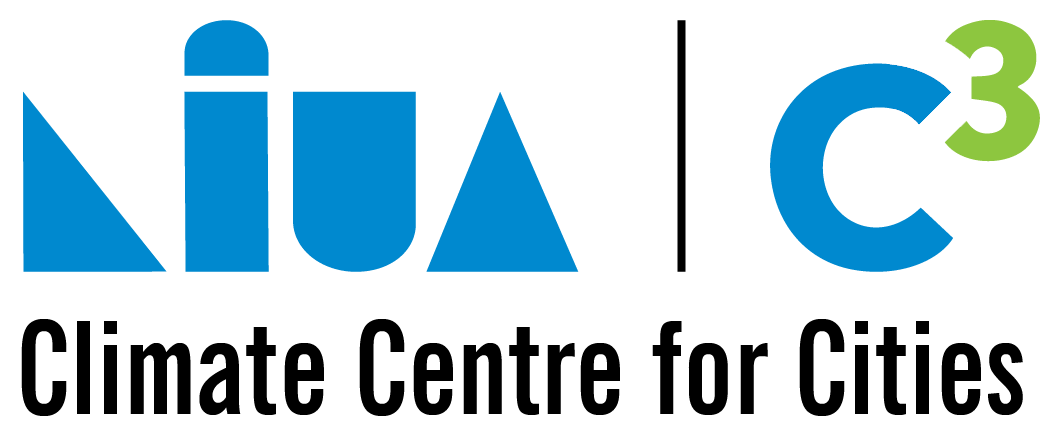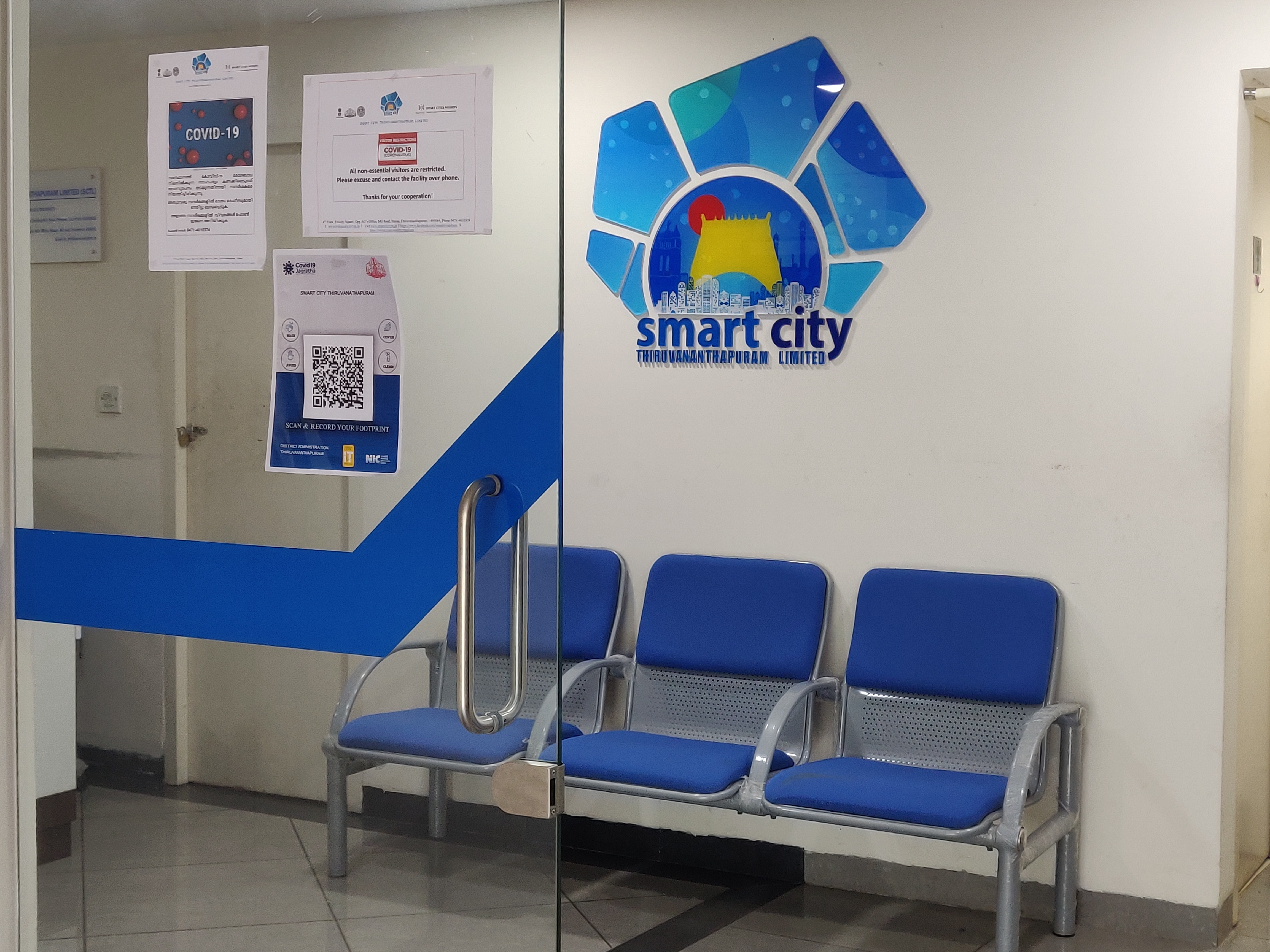Enabling local action for building climate resilience
Published On:
Wednesday, January 13, 2021
Many cities in India have been able to build some actions towards mitigating and adapting to climate-related challenges. One such recent success is of Indore where the city under the leadership of Smart City CEO was able to drive three environment-friendly projects that mitigate 1.7 lakh tonnes of carbon[i]. By leveraging the earned carbon credits and generating revenue, the city has also established the feasibility of environment-friendly projects from a financially beneficial perspective. This has once again illustrated the transformational impact local actors and local actions can create.
Elected mayors and executive officers like the municipal commissioners can play a key role in influencing local urban transformation and promoting resilience building. Cities are beginning to understand the gravity of climate-related challenges arising in the form of floods, heatwaves, water shortages and disease outbreak etc. However, adopting an approach where the urban investments being made not only address urbanization challenges but also mitigate climate risks needs further reinforcement. Examining the climate-resilient measures adopted by some of our cities, this blog highlights three ways for mayors and commissioners to mainstream climate resilience in their cities.
1. Leverage ongoing activities – As of 2018, urban investments of INR 10,459 crores have been sanctioned by the central government in Smart Cities Mission (SCM) alone[ii]. Merely examining two types of SCM project proposals, illustrate the various ways cities can strengthen ongoing initiatives from the climate lens. First, almost all smart cities are considering the rejuvenation of their open/green spaces and water bodies. This provides a great opportunity for cities to address the frequent challenges experienced due to flooding, water stagnation and heatwaves. For instance, Bhubaneshwar that has a high risk to flooding and heatwaves is aiming at improving its public spaces like waterways, streets, public parks and playgrounds that double up as sponges to capture, store and clean its water systems. Ongoing initiatives can be strengthened by understanding the climate impacts and incorporating appropriate measures, taking the city one step closer to becoming resilient.
Second, data and information systems are key for informed decision making that ensures efficient use of resources, maximize service delivery and mitigate climate risks. Many cities have already established integrated command and control centres, and as per SCM proposals over 80 smart cities are looking at data technology solutions for addressing some aspects of emergency response, service management and governance operations. Cities are also understanding the significance of data-driven governance from their experience in managing the ongoing pandemic. Moving forward, cities can consolidate the data governance initiatives by gradually capturing data from various departments and stakeholders. This will support in efficient data management, cross-sectoral data analysis and enhanced visualization that can contribute to improved decision making and comprehensive planning. Here, mayors can play a crucial role in convening stakeholders and commissioners can strengthen inter-departmental coordination.
2. Mainstream climate resilience – Quick win climate actions may be achieved by leveraging ongoing initiatives. Additionally, cities need to embed climate resilience in their policy, planning and governance processes to bring about larger transformation. To aid this, cities can adopt two approaches. One, an incremental approach, i.e. actions for addressing immediate concerns, plan for tackling frequent risks from floods, heat waves etc. and strategic policy and governance interventions for the long-term resilient transformation. Two, a multi-sectoral approach, i.e. improved inter-department coordination for holistic planning and strategizing across sectors.
Commissioners in Surat, Chennai and Pune have appointed chief resilience officers to connect with various departments for comprehensive planning. They have also developed resilience strategy through multi-stakeholder consultations to guide short-medium-long term resilient actions. Rajkot, Siliguri and Coimbatore have developed action plans to reduce GHGs emissions across various sectors and the same has also been approved by their city councils. These actions not only illustrate the adoption of incremental and multi-sectoral approach by cities but also the pivotal role played by mayors and commissioners in mainstreaming climate resilience in the administrative and governance processes.
3. Engage locally and globally – Participation and ownership from local stakeholders is crucial for the success of any initiative. Engaging with local stakeholders like the communities, civil society organizations, academia and businesses can be beneficial for not only driving participatory action and strengthening social connect but also in having a nuanced understanding of local challenges, gathering granular data, and garnering knowledge and skills, all of which can significantly support in building resilience. For instance, citizen-led lake conservation initiatives in Bengaluru and Ahmedabad’s multi-stakeholder cool-roof initiative in slums aimed at reducing the impact of heatwaves illustrate the significance of empowering local stakeholders.
On the other hand, engaging globally through city networks and international organizations can provide wider exposure, promote peer learning and build partnerships. These engagements can also prove beneficial in steering international resources (both technical and financial) to support city initiatives. Surat being part of Asian Cities Climate Change Resilience Network and 100 Resilient Cities (now Global Resilient Cities Network) has been able to effectively plan and implement climate actions, the key being the end-to-end early warning system for floods. The mayor of Rajkot pledging to reduce GHGs emissions and joining the board of Global Covenant of Mayors has attracted assistance from various bi-lateral and multi-lateral organizations. Engaging globally not only open avenues for realizing climate actions but can also establish the city and its leadership in the global climate discourse.
The initiatives adopted by some of our cities illustrate that mayors can play a significant role in mainstreaming climate resilience in the administrative processes, providing leadership and convening global and local stakeholders to build partnerships for climate actions and guiding councillors for adopting appropriate local measures; and commissioners can play a strategic role in embedding climate lens in governance processes, strengthening inter-departmental coordination, enforcing relevant policy and regulations, and fostering innovation and risk resilient investments in urban development. Building forward-looking and resilient cities require an enormous collaborative effort and local actors like mayors and commissioners can bring the city together and steer towards the desired urban transformation.
[i] Kumar, Ashok. 2020. "Indore civic body earns Rs.50 lakh revenue from carbon credit." The Times of India. November 14. Accessed December 2020. https://timesofindia.indiatimes.com/city/indore/indore-civic-body-earns-rs-50-lakh-revenue-from-carbon-credit/articleshow/79219072.cms.
[ii] Ministry of Housing and Urban Affairs, GoI. 2018. Smart Cities Mission, Fund Release. July 11. Accessed December 2020. http://smartcities.gov.in/content/innerpage/fund-release.php.
Refer to a detailed brief developed by the Urban Resilience Unit on how mayors, commissioners and city engineers can enable local action for building resilience here.
Disclaimer: Views expressed are personal
Contact Us
1st and 2nd Floor, National Institute of Urban Affairs
India Habitat Centre Lodhi Road New Delhi-110003
Please Call Help Desk at 011-411-86699
Monday - Friday, 9:00 AM - 5:00 PM
Please write to us at c-cube@niua.org







Post a Comment